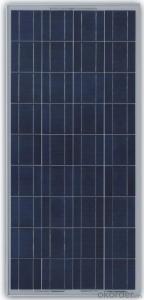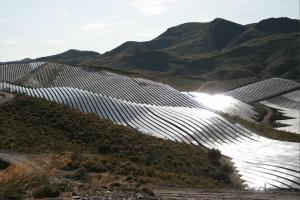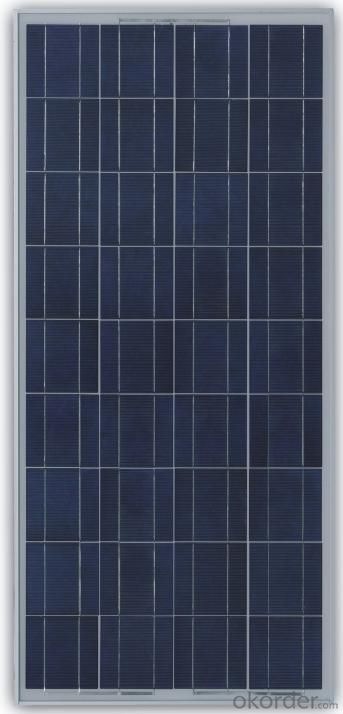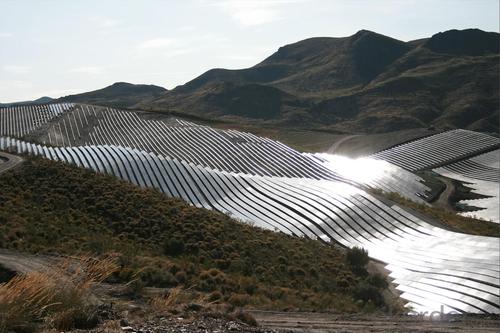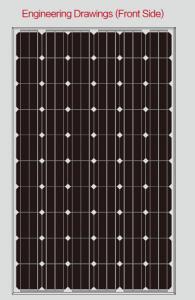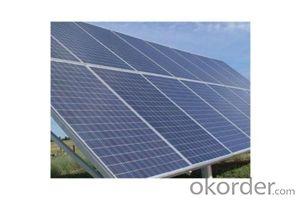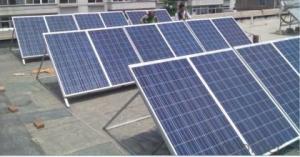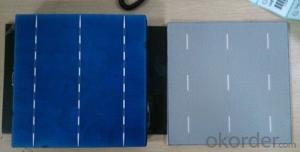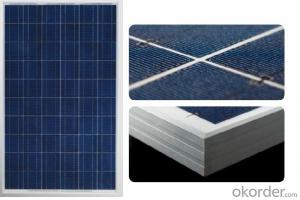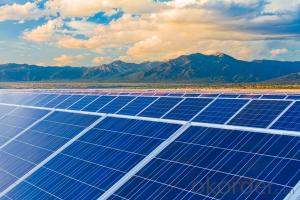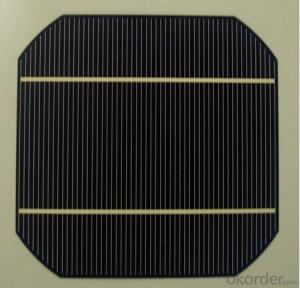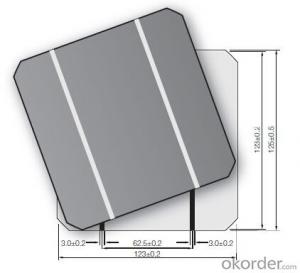Harbor Freight TPB156×156-36-P 150Wp Poly Silicon Solar Module
- Loading Port:
- Ningbo
- Payment Terms:
- TT OR LC
- Min Order Qty:
- 1 watt
- Supply Capability:
- 1000 watt/month
OKorder Service Pledge
OKorder Financial Service
You Might Also Like
Specification
Sun Earth is a company with over 30 years expierience in manufacturig solar modules. Our solar module are certificated by all major authorities, like TUV, UL, VDE, MSC, JET, CEC and others.
Our products has been used all over the world with great reputation, especially in European Union countries, Austrailia, Africa and Japan.
Sun Earth modules carry a 10 year workanship limited warranty and a 25 year linear performance limited warranty. Each module produces positive power up to 5W greater than product rating power.
The TPB156 series poly silicon solar module is our most popular product right now. The demension of the TPB156×156-36-P 150Wp Poly Silicon Solar Module is 1482×676×40(mm), total weight is 12KG. This product can be used for large solar power plant or small house-use off-grid system, such as roof system. We can give the best suggestion for the client based on their requirement.
| Rate Power: | 150W |
| Maximum Power(Pmax): | 150W |
| Rated Voltage at Pmax(Vmp): | 18.2V |
| Rated Current at Pmax(Imp): | 8.24A |
| Open-circuit Voltage(Voc): | 22.6V |
| Short-circuit Current(Isc): | 8.83A |
| Module Efficiency: | 15.0% |
| Maximum System Voltage: | 1000VDC(IEC), 600VDC(UL) |
| Appliciation Class: | Class A |
| Maximum Over-Current Rating | 16A(IEC), 15A(UL) |
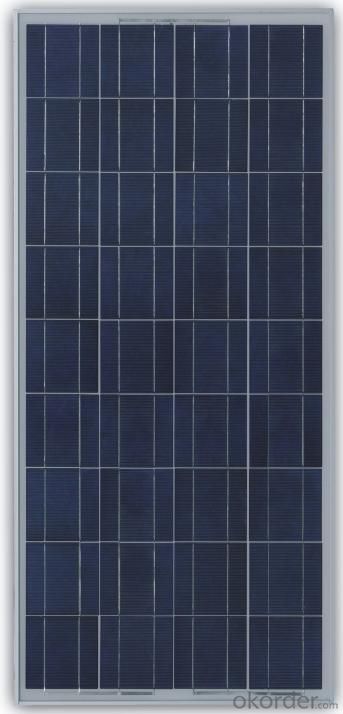
- Q: Are solar panels safe?
- Yes, solar panels are safe. They do not produce any harmful emissions or pollutants during operation, and the technology has been extensively tested and regulated to ensure safety. However, it is important to follow proper installation and maintenance procedures to minimize any potential risks.
- Q: How do solar panels affect the overall energy security of a building?
- Solar panels can greatly enhance the overall energy security of a building. By harnessing the sun's energy, solar panels provide a reliable and sustainable source of electricity. This reduces a building's dependence on traditional energy sources, such as fossil fuels, which are finite and subject to price volatility or supply disruptions. Solar panels also contribute to grid resilience, as they can continue generating power even during power outages. Consequently, incorporating solar panels into a building's energy mix can enhance its energy security by diversifying its energy sources and promoting self-sufficiency.
- Q: . The 2v battery will only be turning a small 2v motor that will be turning very slowly yet possibly or a long time. 2. -2 hours max per day it will be running3. I want it to be fully sufficient on solar power once the energy in the battery runs out. What specifications for my panel do you think I will need. However, i have limited space so the smaller the better as long as it can do the jobP.S: I don't know much about electricity and solar power so simple answers please :)
- Are you concerned about your higher energy bills? What about the atmosphere, are you worried about its resources that are nonrenewable? Solar energy and how to make solar panel are the solutions for you. Let us talk about the charges of pv strength and how practical it is for YOUR budget. The first thing you should know is that the size of your house has nothing to do with the cost on how to make solar panel. So for those people fortunate sufficient to are living in a gigantic property, pv panels are not here to overwhelm you with charges. What you do need to consider into consideration are items like how much sun you get a day, in which you stay, and how very much power you use a day. After you can appear to individuals conclusions, we can commence the math. Permit us do an instance together to figure out a ballpark expense for pv panels. Take a peak at your power bill as it is now and locate how numerous KWH you used, We will say that variety you found was 800 KWH. Now we are going to divide 800 by 30 and we get a whopping 26. 7. Don’t forget that quantity. It is how very much estimated KWH you use a evening. If you locate that you are exposed to six hours of sunlight a morning you would then consider the 26. 7 and divide it by 6. You reply should be four. 45 (or 4,450 watts). If you multiply that reply times . 5 you have successfully observed out how a lot of photo voltaic panel watts you need. The installation costs then are associated to the quantity you found above. Each and every watt usually costs $7-$9. All your installation fees need to be integrated with that estimated ending price. Now that you know how very much your method will charge, you will be relieved to know that it actually pays for itself inside six many years. There are also tax exemptions for people that select to use pv vitality. It is an investment that is really worth anyone’s time and funds Hope It's Help.
- Q: Can solar panels be installed on theme parks or amusement parks?
- Yes, solar panels can be installed on theme parks or amusement parks. In fact, many parks are increasingly embracing renewable energy sources like solar power to reduce their carbon footprint and energy costs. Installing solar panels on theme parks can not only provide clean and sustainable energy but also serve as a visible demonstration of their commitment to environmental sustainability.
- Q: Can solar panels be used in areas with high levels of dust or sandstorms?
- Yes, solar panels can be used in areas with high levels of dust or sandstorms. However, frequent and heavy exposure to dust or sand can reduce their efficiency over time. Regular cleaning and maintenance are necessary to ensure optimal performance in such areas. Additionally, advanced solar panel designs and coatings are being developed to mitigate the impact of dust and sand accumulation, making them more suitable for use in these challenging environments.
- Q: I'm a student trying to design a mounting structure for solar panels. I'm reading about passive trackers so as to track the sun for optimal energy production; but I am not fully quot;seeinghow it works. Can someone please help explain it to me, or at least send me a link(s) that could help explain it well?THANKS IN ADVANCED!! [and HAPPY HALLOWEEN!!]
- It appears to be relying upon a phase change of liquid to gas to liquid to balance the system and return it to the east in the morning.
- Q: Can solar panels be used in agriculture?
- Yes, solar panels can be used in agriculture. They can provide electricity for irrigation systems, power farm equipment, and greenhouse lighting, among other applications. Additionally, solar panels can help reduce farmers' reliance on fossil fuels and contribute to a more sustainable farming practice.
- Q: i took some solar yard lights apart and put them together in a series. i was told if you take AMPS times VOLTS = WATTS. do you test it with ac volt or dc volts? I tested mine with dc volts and got 4 volts in good sun and had my meter set on Ma or milliamps and got .83 which i am asuming that is .83 of one amp now i took those and multiplied .83 times 4 volts to = 34.03 watts. Is this large enough to charge a car battery in a day? And doese it make a difference for amps on how fast it charges or watts. i also was looking around and found 30 watt panels but had higher amps. I am very interested in building solar panels but i realize i dont know what i need to do to make shur they are big enough. my panel is only 9inch by 0 inch. It seems weird that i am putting out 4 volts
- A equipment that super could have a max power production of around 2000 watts. i won't be able to declare if it fairly is sufficient to your desires via fact the figures you gave do no longer make experience. right here is why: the quantity of power being ate up at a given time is measured in watts--that's the ability point. To degree how lots electrical energy you utilize you utilize you need to use kilowatt-hours (or watt-hours, yet its greater handy to apply the former). So--in case you utilize a million kilowatt-hour, meaning you have been ingesting power at an favourite. fee of 000 watts (one kilowatt) for a million hour. Now, it may be VERY united statesa. for a house to apply 5,000 kilowatt-hours in a month--that's an exceptionally severe discern. Yor top power utilization could be 5,000 watts. A image voltaic panel equipment with a optimal technique of 2000 watts isn't adequate to power maximum residences. you easily want a minimum of two times that--and so lots greater in case you like to bypass off the grid. besides the shown fact that it must be an excellent investment besides. you are able to use very practically all the means advert that woudlld maximize your mark downs.
- Q: Can solar panels be installed on a museum or cultural institution?
- Yes, solar panels can be installed on a museum or cultural institution. Installing solar panels can help these institutions reduce their energy costs and carbon footprint, while also showcasing their commitment to sustainability and environmental stewardship. Additionally, solar panels can be installed on rooftops or in nearby open spaces, minimizing any aesthetic impact on the museum's architecture or surrounding areas.
Send your message to us
Harbor Freight TPB156×156-36-P 150Wp Poly Silicon Solar Module
- Loading Port:
- Ningbo
- Payment Terms:
- TT OR LC
- Min Order Qty:
- 1 watt
- Supply Capability:
- 1000 watt/month
OKorder Service Pledge
OKorder Financial Service
Similar products
Hot products
Hot Searches
Related keywords
